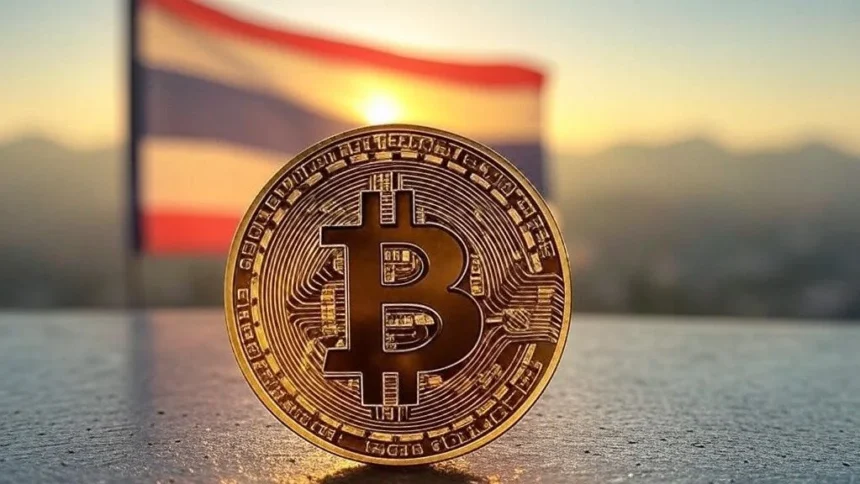The proposal has support from Gulf Binance’s CEO, who views it as a positive step toward digital innovation.
Thailand is exploring the potential of a Bitcoin pilot project in Phuket, proposed by former Prime Minister Thaksin Shinawatra. The initiative aims to transform Phuket into a cryptocurrency sandbox, focused on bolstering tourism and showcasing Thailand’s readiness for digital innovation.
However, the proposal faces regulatory hurdles, especially with the Bank of Thailand’s (BoT) current stance on cryptocurrency payments.
A Vision for Bitcoin Integration
Former PM Thaksin’s proposal highlights the strategic integration of Bitcoin payments in Phuket. This pilot project is designed to attract tech-savvy tourists and investors, leveraging Thailand’s reliance on tourism and foreign inflows. The concept aligns with global trends where digital assets are gaining traction.
Nirun Fuwattananukul, CEO of Gulf Binance, a joint venture with Binance in Thailand, supports the idea. He described the proposal as a positive move, reflecting the increasing global acceptance of cryptocurrencies and Thailand’s opportunity to position itself as a regional leader in digital finance.
Why Phuket?
Phuket’s reputation as a global tourist destination makes it an ideal location for this experimental project. By using a sandbox approach, the project allows regulatory authorities to monitor the implications of Bitcoin payments in a controlled environment.
“Given our country’s reliance on tourism and foreign inflows, integrating cryptocurrencies into Phuket’s economy could align well with Thailand’s strategic strengths, potentially attracting tech-savvy visitors and investors,” Mr. Nirun said.
He emphasized that other nations, such as Japan and the U.S., have already integrated Bitcoin payments into their systems, serving as examples Thailand can learn from.
Regulatory Challenges
The Bank of Thailand remains firm in its prohibition of cryptocurrency payments, citing concerns about volatility, security risks, and economic stability. Although the Securities and Exchange Commission (SEC) regulates digital assets, payment systems fall under the BoT’s jurisdiction.
For the pilot to succeed, collaboration between the BoT and the SEC is crucial. Key challenges include updating regulatory frameworks, ensuring monetary stability, and implementing consumer protection measures.
“The regulatory framework would also need to ensure that crypto payments operate within the country’s existing monetary policies and currency controls.” Mr. Nirun noted.
Benefits of a Bitcoin Sandbox
A sandbox environment in Phuket would allow businesses and consumers to gain practical experience with Bitcoin payments. It would also enable regulators to identify and manage risks before considering broader adoption.
Mr. Nirun explained that a successful pilot could boost Thailand’s global reputation as a forward-thinking nation embracing the future of finance.
Roadblocks to Implementation
Despite the enthusiasm from industry leaders, challenges remain.
- Regulatory Alignment: Coordination between the BoT and SEC is essential to address overlapping jurisdictions.
- Consumer Protection: Measures to prevent fraud and ensure security must be in place.
- Economic Stability: The BoT must study the impact of cryptocurrency on monetary flows.
- Foreign Accessibility: Current restrictions on local platforms for foreigners need addressing to ensure inclusivity.
The bureaucratic process in Thailand is known to be slow, potentially delaying the pilot’s implementation.
However, Mr. Nirun believes that adopting cryptocurrencies could enhance Thailand’s competitive edge.
“As more countries adopt digital assets and cryptocurrencies, Thailand must not be left behind,” he said.




